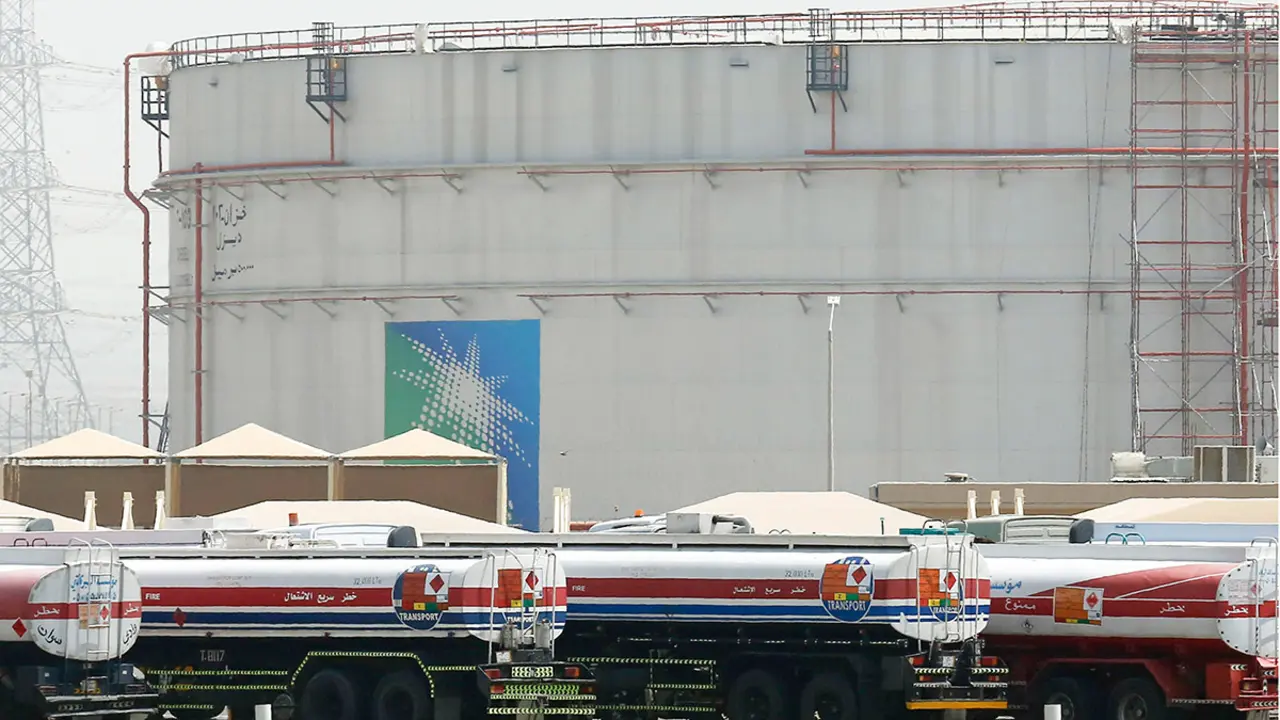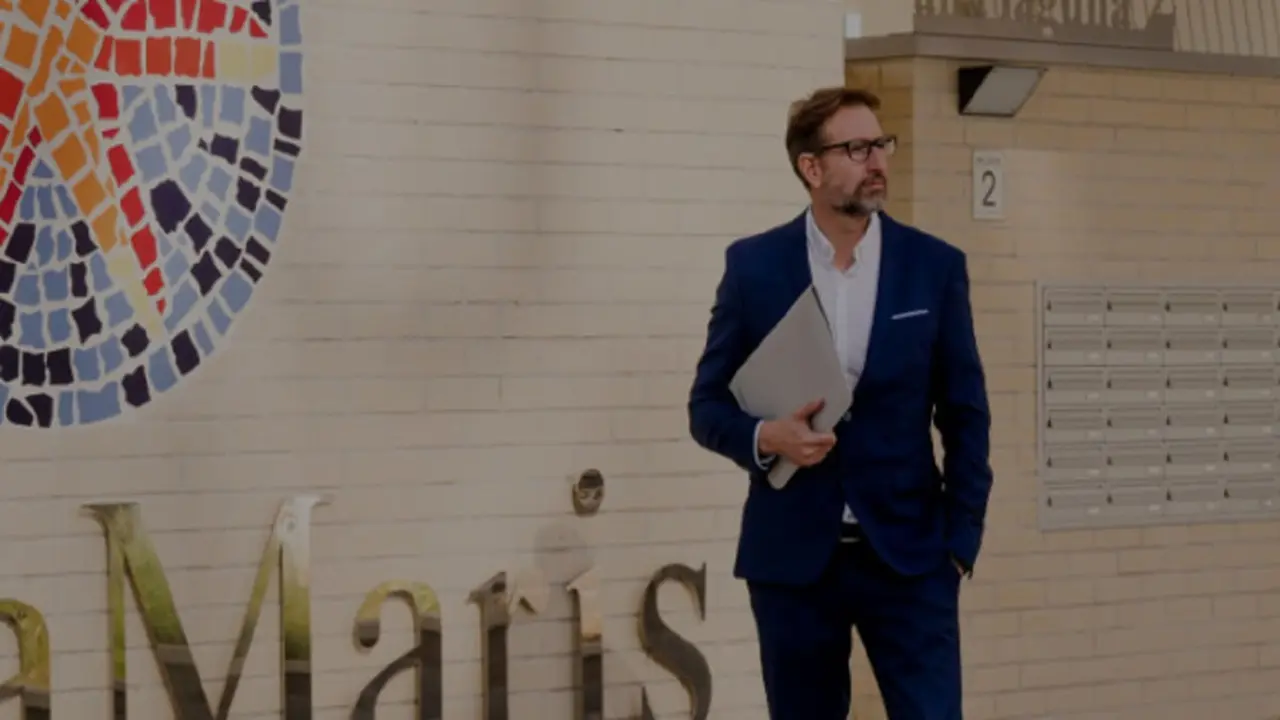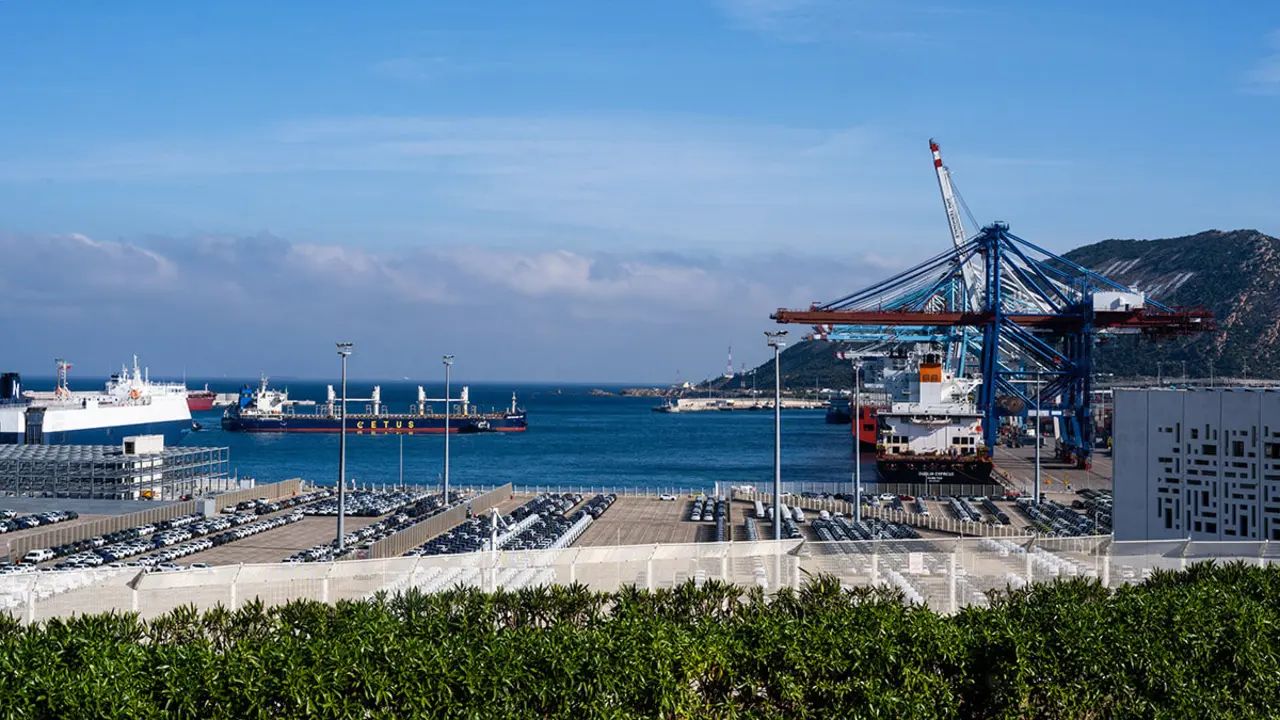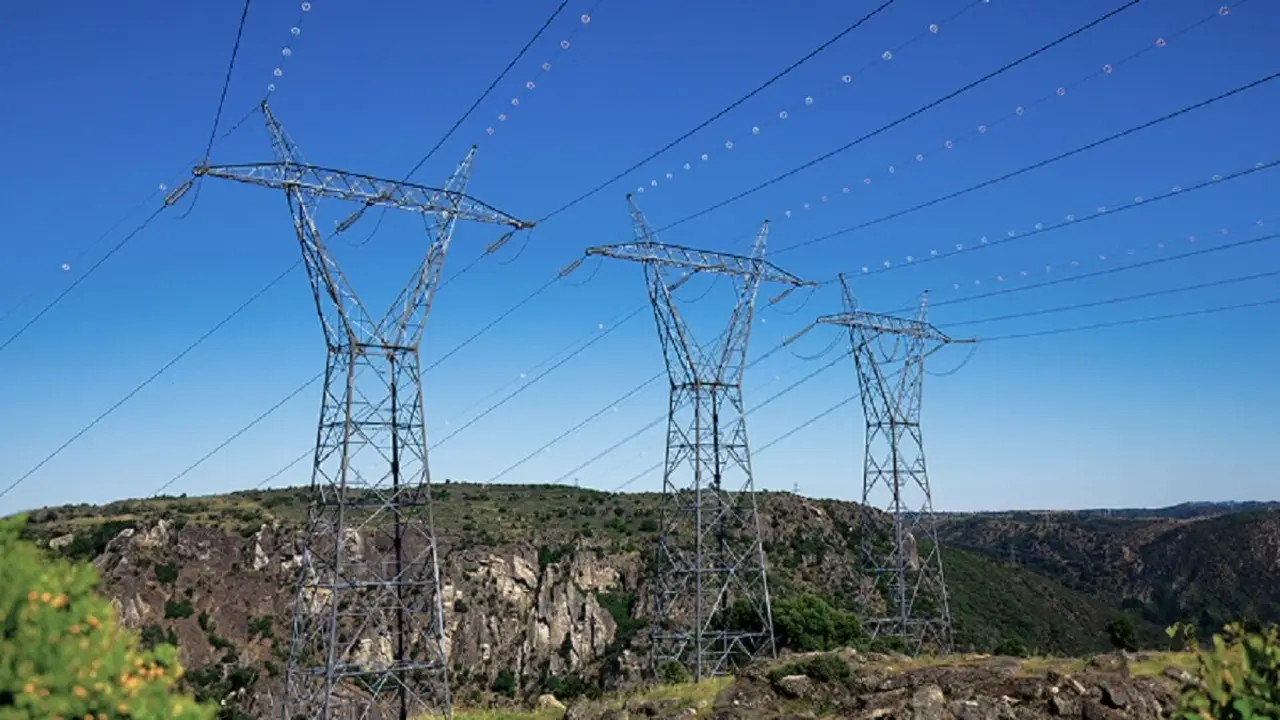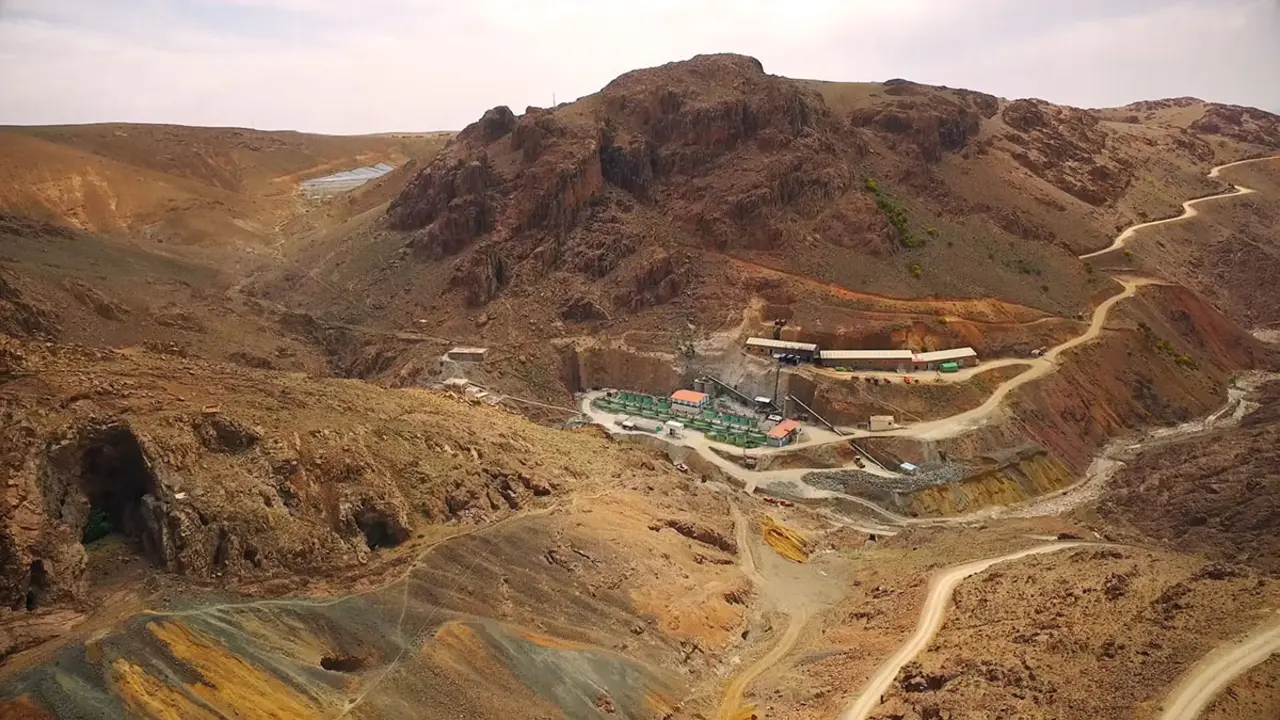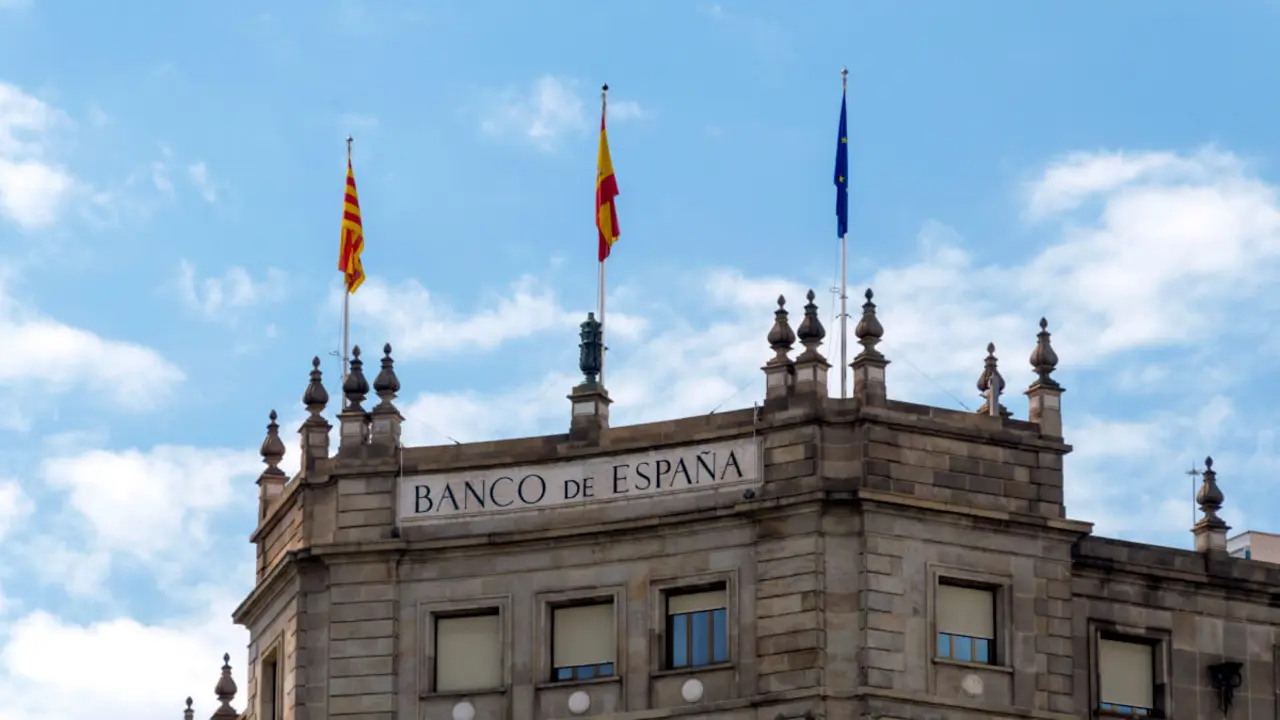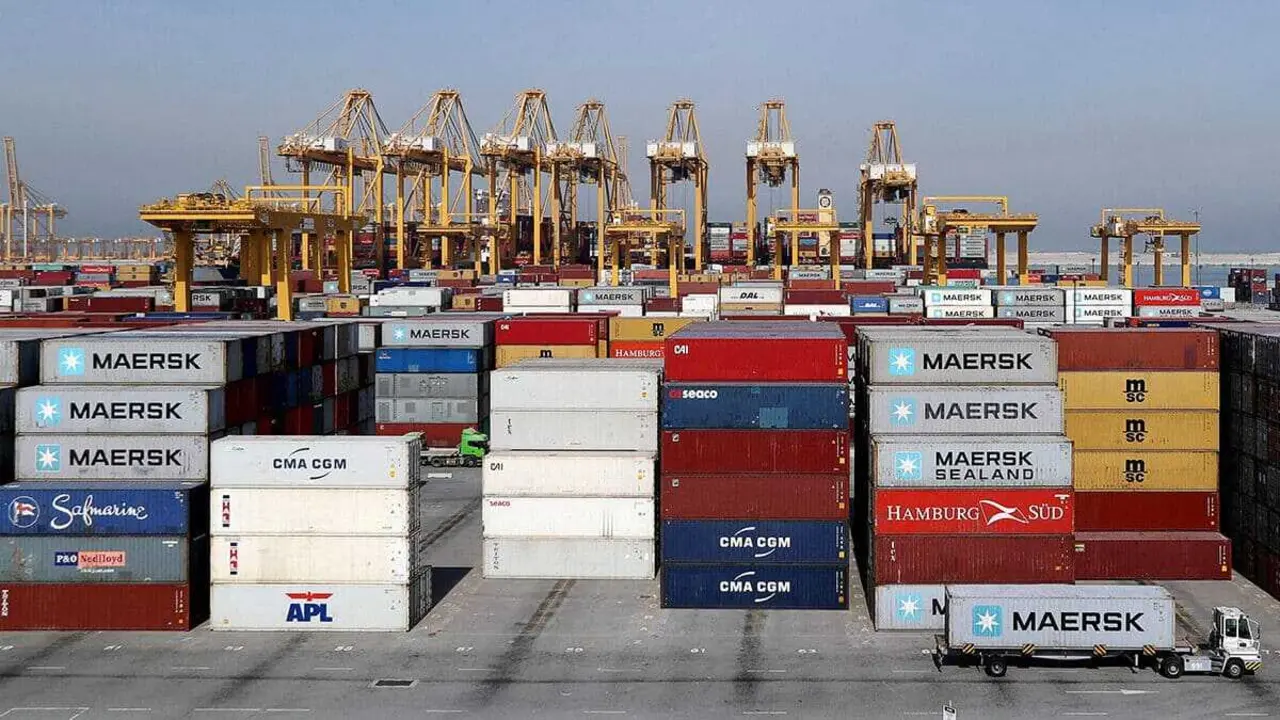Lebanese judge working to bring Central Bank governor to justice
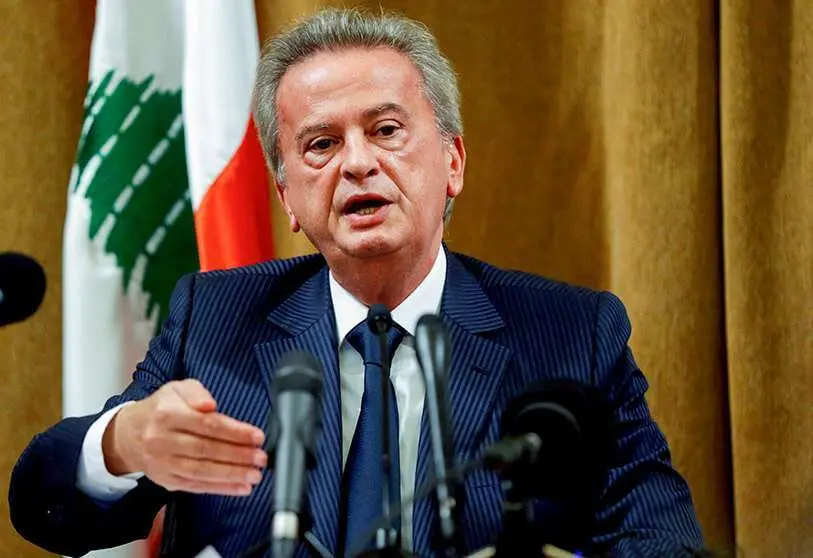
On Tuesday, Ghada Aoun, a Lebanese judge and state prosecutor in Mount Lebanon, ordered raids on several residences and offices of Riad Salamé, governor of the Central Bank. The authorities searched the homes of Safra and Rabié, as well as the Central Bank's headquarters in Beirut.
The security team at Salame's properties tried to prevent the agents from entering. This operation had a negative outcome, as the governor was not in any of the premises. Despite this, Aoun says she will continue to work until "he is brought to justice".
The raids came after the governor failed to show up for a court summons issued earlier this month. This appeal is related to a criminal complaint filed by 'People want to reform the system', a group made up of several lawyers active in the civil movement.
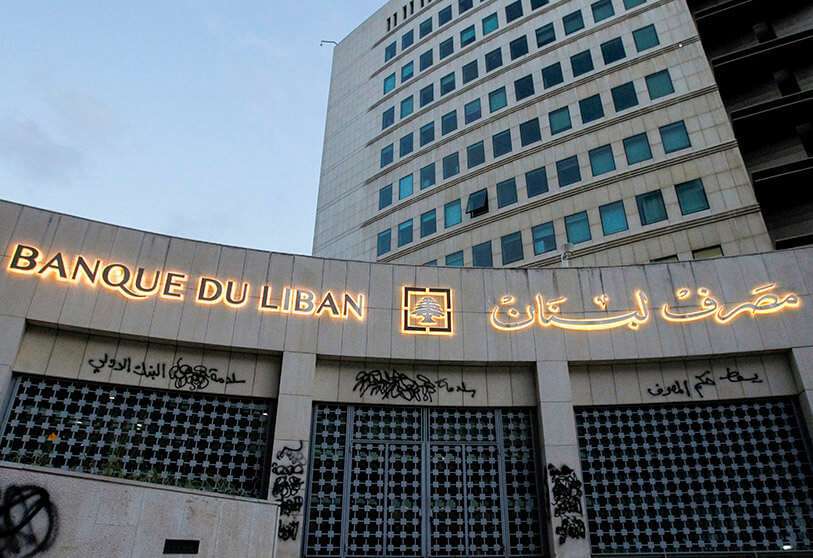
They accuse both the high official of "money laundering" and "squandering public funds", as well as Imad Othman, director general of the Internal Security Forces. In their view, Othman is breaking the law "by protecting the governor and rebelling against the court order issued against him".
France and Switzerland have opened judicial investigations against the governor of the Lebanese central bank on suspicion of money laundering and illicit enrichment. In January 2021, the Swiss authorities sent the Arab country's Ministry of Justice a request to check the details of certain million-dollar bank transfers.
In addition to Riad Salamé, the wealth of his brother Raja and Marianne Hoayek, his personal assistant, will also be investigated. They are also accused of having several accounts with huge amounts of money in various tax havens. Hoayek was able to open an account with VP Bank in the British Virgin Islands with a value of 150 million dollars.
As a result of these suspicious movements, Switzerland froze the governor's assets in Switzerland. The Swiss authorities claim that in 2002, a transfer of $300 million was made between the Banque du Liban (BDL) and Forry Associates Ltd, a company run by Raja Salamé.
Suspicions began to surface when the Zurich bank was asked to transfer a $153 million bond, money belonging to the Lebanese treasury funds, to the Banque Audi Suisse in Beirut. Million-dollar transfers were also made to his personal accounts in several Swiss banks.
Rami Makhouf, cousin of Syrian President Bashar al-Assad, was able to transfer 55 million euros to Salamé's Zurich account. The amounts that the governor could manage abroad are exorbitant. However, he denies being behind these bank movements, as do his brother and his assistant.
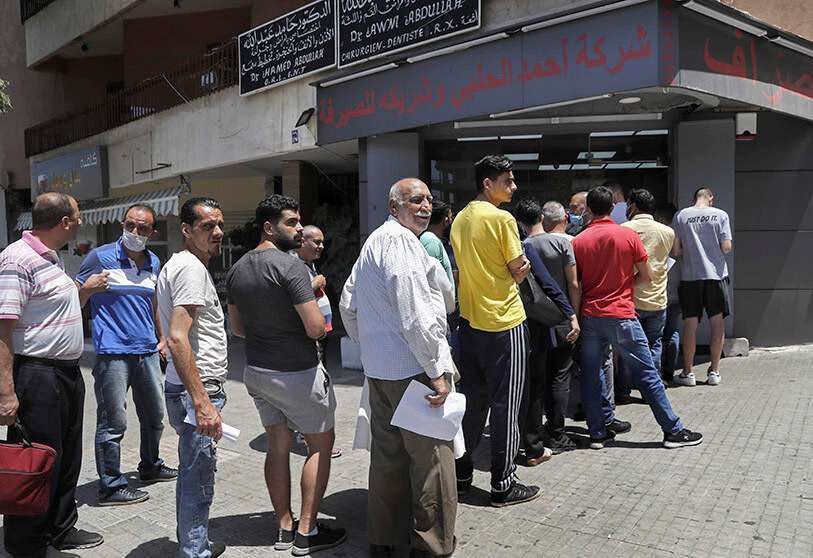
In France, the Luxembourg authorities launched an investigation after discovering a vast network of companies registered in Luxembourg and belonging to Riad Salamé. The wealth of these companies is estimated to be in the region of $100 million. For its part, Germany has requested additional information on the governor's undue enrichment and that of his family members.
Judge Ghada Aoun froze some of the assets of the head of the Central Bank last January as a "precautionary measure". She also issued a ban on his departure from Lebanon until investigations into suspected money laundering are concluded.
Salamé's response was swift, calling for Aoun to be removed from the case and accusing her of alleged bias. He considers the claims against him "unfair" and that they only seek to "damage his image in the eyes of public opinion at home and abroad".
A judicial source told Arab News that the judge "is violating the laws by issuing a summons against the BDL governor, as he is not a defendant but a witness". Some of his supporters believe the sanctions reflect the political will to replace Riyadh with someone akin to Lebanon's President Michel Aoun.
Many citizens and experts blame Salame for Lebanon's severe financial crisis. The country's national debt continues to rise and the devaluation of its currency continues unabated. This is compounded by the government's inability to agree on a recovery plan.
The governor has been at the helm of the Lebanese central bank for almost three decades and has the support of almost all Lebanese politicians, including Prime Minister Najib Mikati. The latter wants "the veteran head of the Central Bank to remain in his post" as the country struggles to overcome the economic crisis.

